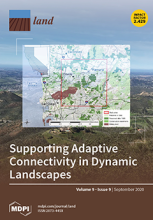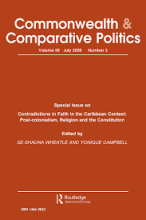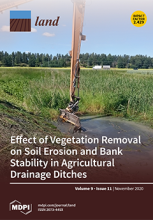/ library resources
Showing items 1 through 9 of 1122.A discussion of the assumptions that underlie efforts to register land enables us to not only evaluate their validity across different contexts, but most importantly, to further understand how the low incidences of land registration might derive from very fundamental sources outside of difference
As gold prices soared from 2008 onwards, tens of thousands of foreign miners, especially from China, entered the small-scale mining sector in Ghana, despite it being ‘reserved for Ghanaian citizens’ by law.
Over the past 30 years, real GDP in Ghana has more than quadrupled, and in 2011 the country joined the ranks of Lower Middle-Income Countries (LMICs).
Community Resource Management Areas (CREMAs) in Ghana combine conservation and development objectives and were introduced in the year 2000.
In West Africa, where the majority of the population relies on natural resources and rain-fed agriculture, regionally adapted agricultural land-use planning is increasingly important to cope with growing demand for land-use products and intensifying climate variability.
The disparity in land and food access in Ghana often overlooks the possibility of an underlying gender disparity.
While agrarian change has been a recurrent theme in Ghana’s endeavor for economic development, questions on how land resources should be managed to ensure prompt attainment of economic growth remain unanswered.
Development practice over recent years in much of Africa prioritized formalization of land policies deemed to enhance better handling and use of land as an asset for social development.
Existing studies on blockchain within land administration have focused mainly on replacing or complementing the technology for land registration and titling.
Paginação
Land Library Search
Through our robust search engine, you can search for any item of the over 73,000 highly curated resources in the Land Library.
If you would like to find an overview of what is possible, feel free to peruse the Search Guide.






